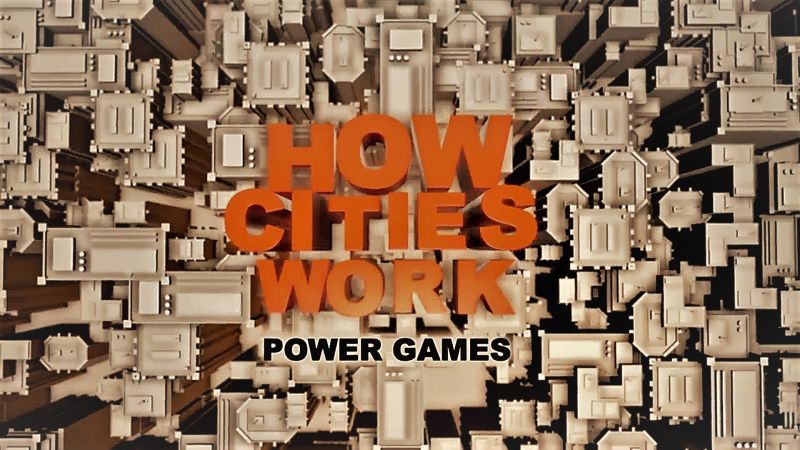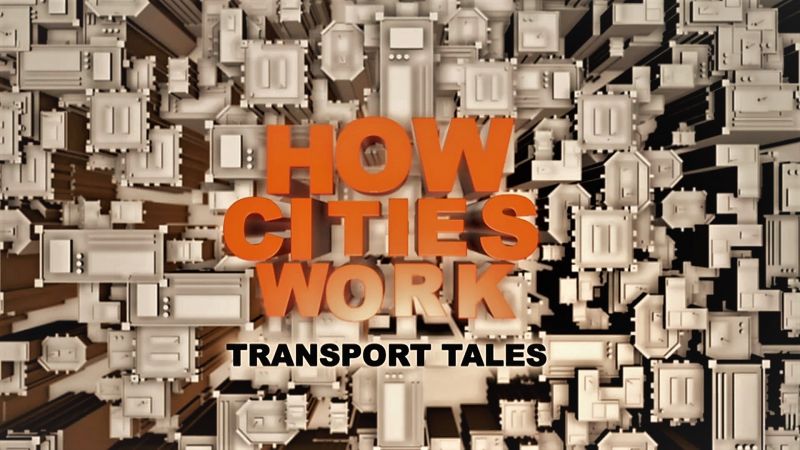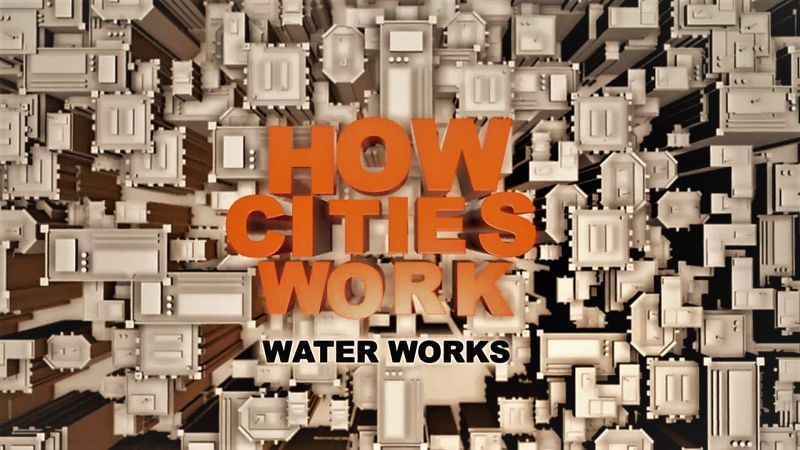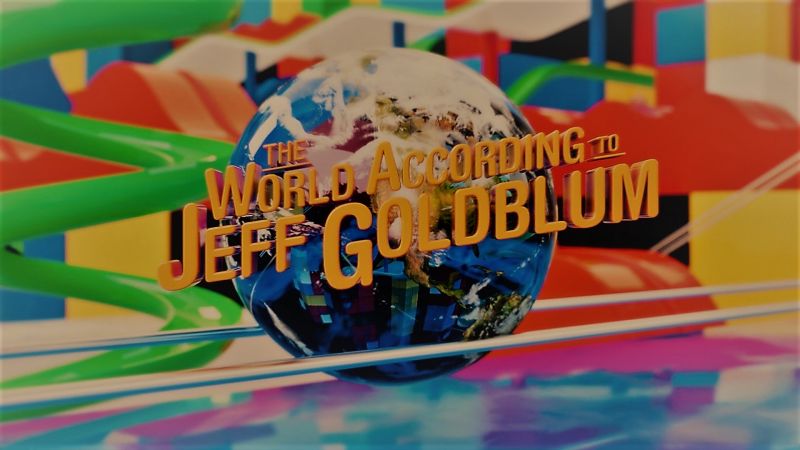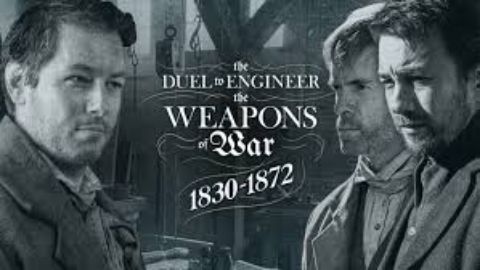Transport Tales • 2013 • episode "S1E4" • How Cities Work
If people are the lifeblood of cities, then transport links are its veins and arteries. If they're cut off, the city will die. Thousands of people work every day at making it possible for city dwellers to be where they need to be, when they need to be there. It's an endless demand of brain and brawn. Without the army of drivers, diggers, and planners, our great cities would come to a halt.
Make a donation
Buy a brother a hot coffee? Or a cold beer?
Hope you're finding these documentaries fascinating and eye-opening. It's just me, working hard behind the scenes to bring you this enriching content.
Running and maintaining a website like this takes time and resources. That's why I'm reaching out to you. If you appreciate what I do and would like to support my efforts, would you consider "buying me a coffee"?
Donation addresses
BTC: bc1q8ldskxh4x9qnddhcrgcun8rtvddeldm2a07r2v
ETH: 0x5CCAAA1afc5c5D814129d99277dDb5A979672116
With your donation through , you can show your appreciation and help me keep this project going. Every contribution, no matter how small, makes a significant impact. It goes directly towards covering server costs.
